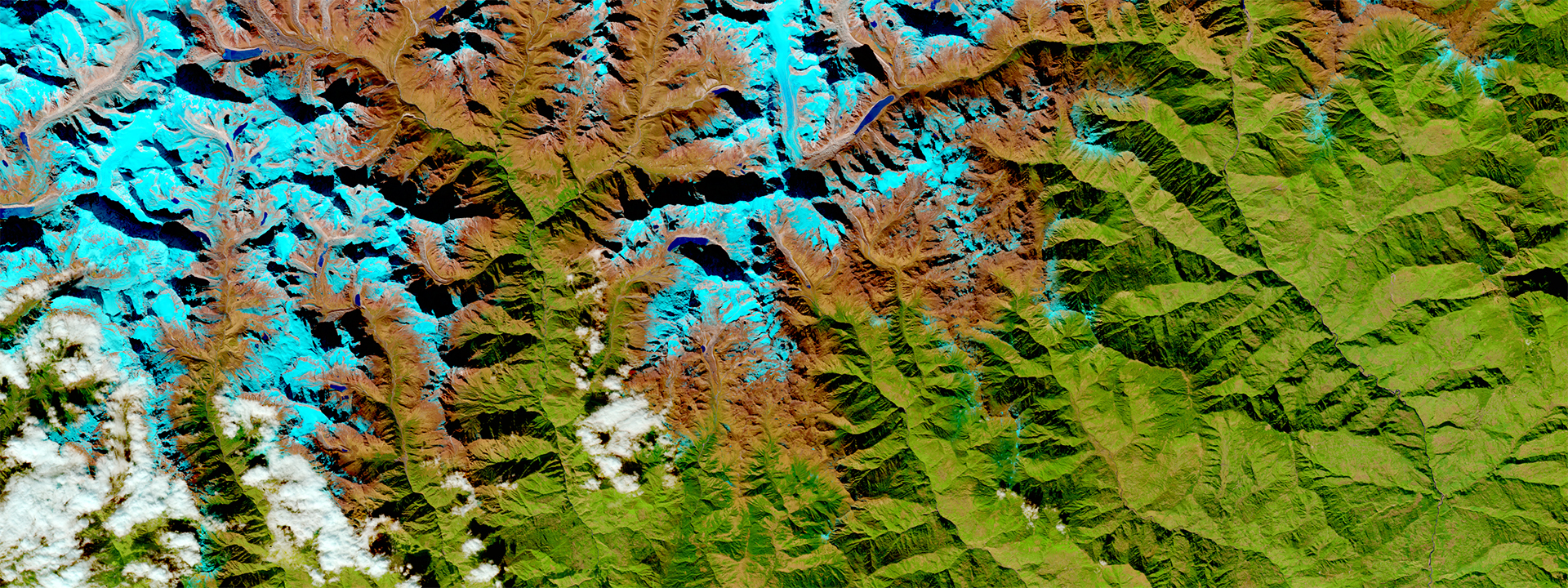advertisement
IBM Advances Geospatial AI to Address Climate Challenges

IBM have announced new efforts that apply its geospatial AI technologies, including IBM’s geospatial foundation model developed in collaboration with NASA, to climate efforts including analysis of urban heat islands in the United Arab Emirates (UAE), reforestation across Kenya and climate resiliency in the United Kingdom (UK).
IBM continues to advance its AI model strategy in part through the creation, training, fine-tuning and open-sourcing of foundation models – models that can be used for different tasks and apply information from one situation to another – designed for domains beyond natural language, including geospatial applications.
These models, which are trained on geospatial information such as satellite images, present a unique opportunity to address climate change. They create knowledge representations from petabytes and exabytes of climate-relevant data that can facilitate accelerated and streamlined discovery of environmental insights and solutions. These models can also be fine-tuned and applied across a multitude of areas driving or revealing climate change, from flood detection to fire scars.
advertisement
“Climate change is a real and pressing issue that we must find new ways to address as quickly and efficiently as possible, including through today’s most advanced AI technologies,” said Alessandro Curioni, IBM Fellow and Vice President, Accelerated Discovery at IBM. “AI foundation models utilizing geospatial data can be a game-changer because they allow us to better understand, prepare and address the many climate-related events effecting the health of our planet in a manner and speed never before seen. We are hopeful these technologies can help accelerate the rate at which we derive and apply solutions for a safer and healthier planet for future generations.”
Advancing reforestation and water sustainability in Kenya
IBM and the Kenyan government’s office of the Special Envoy for Climate Change Ali Mohamed have signed a Memorandum of Understanding (MoU) to support the National Tree Growing and Restoration Campaign through a new “adopt-a-water-tower” initiative.
advertisement
The effort will be fueled by a new digital platform that leverages IBM’s geospatial foundation model to enable users to track and visualize tree planting and tree growing activities in specific water tower areas. Local developers can also create fine-tuned models combining the IBM geospatial model with their own localized information to monitor forest restoration and measure above-ground biomass such as sequestered carbon, ultimately mobilizing on-the-ground efforts to plant more trees across Kenya’s water tower regions.
Hussein Mohamed, the President’s Spokesperson, said: “We recognize that technology plays a pivotal role in unlocking our full potential, optimizing resource utilization, and seizing opportunities. It serves as a means to ensure that we harness our resources most effectively to drive our grassroots-driven economic transformation agenda. Through our partnership with IBM, we have the capability of harnessing the power of artificial intelligence and geospatial data to advance our climate ambitions. These ambitions include planting 15 billion trees, rejuvenating our vital water towers, fostering increased collaboration with the private sector to promote a just energy transition for communities around our forests”